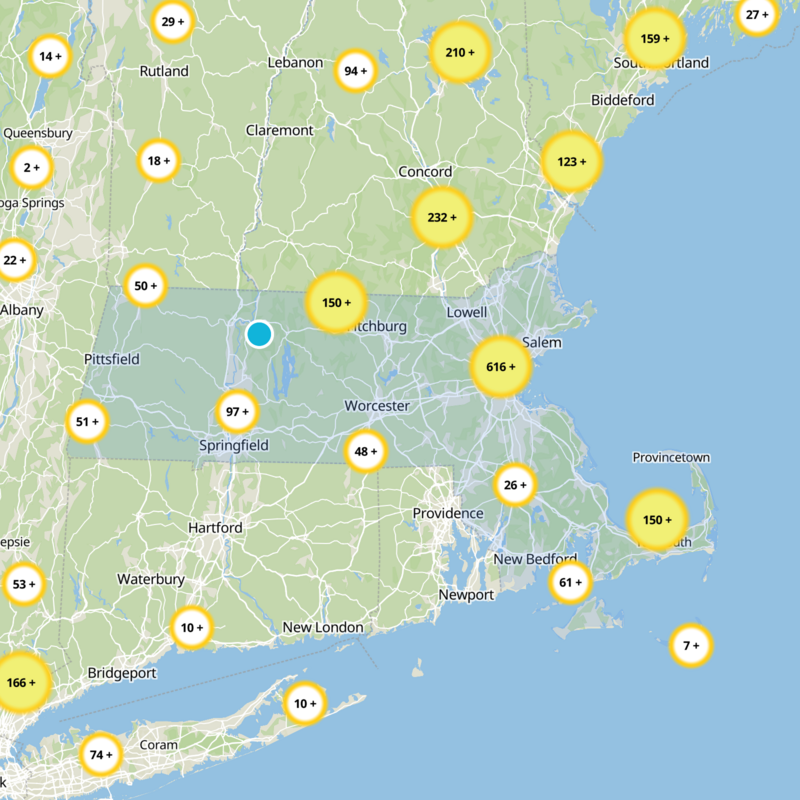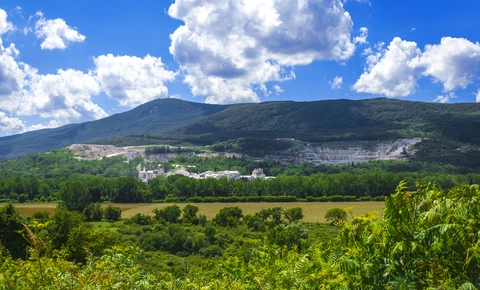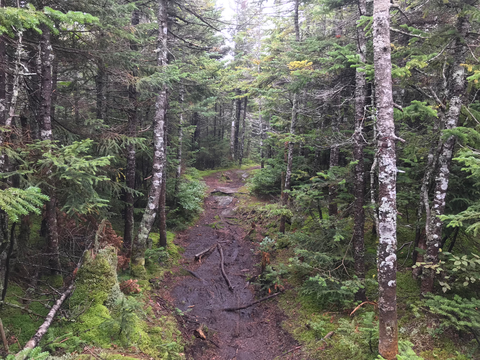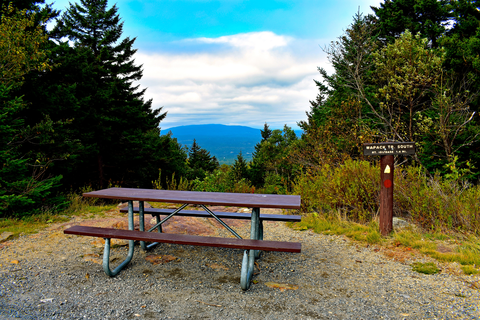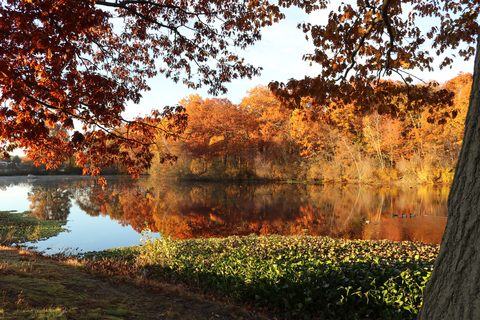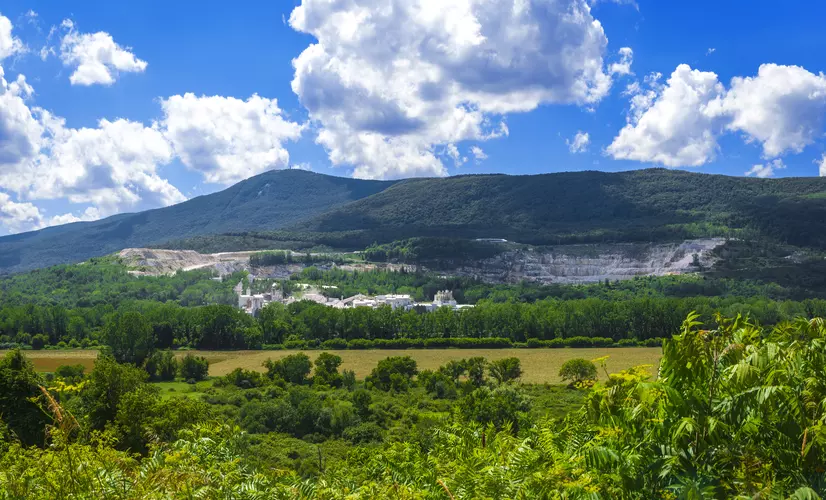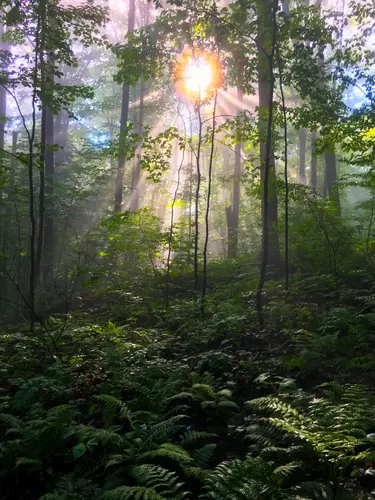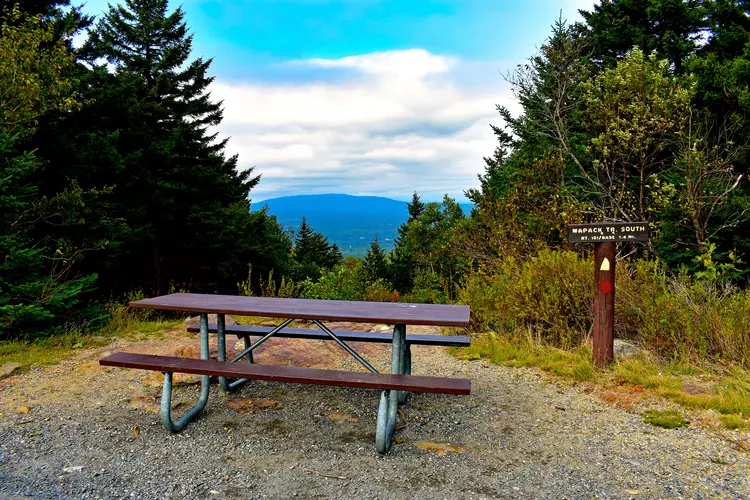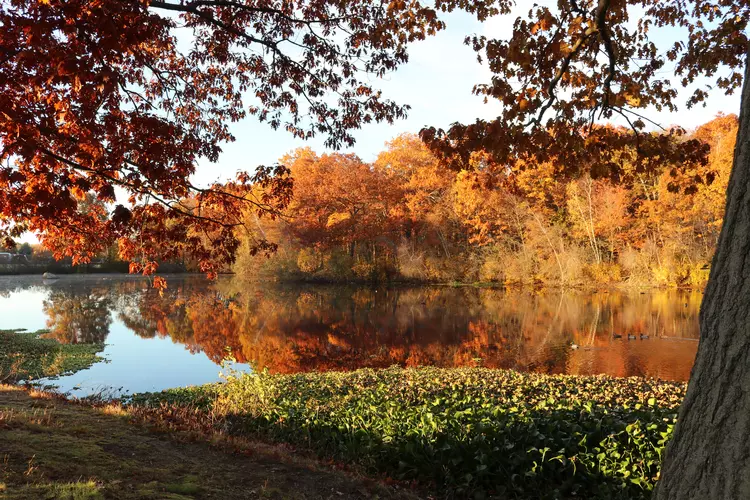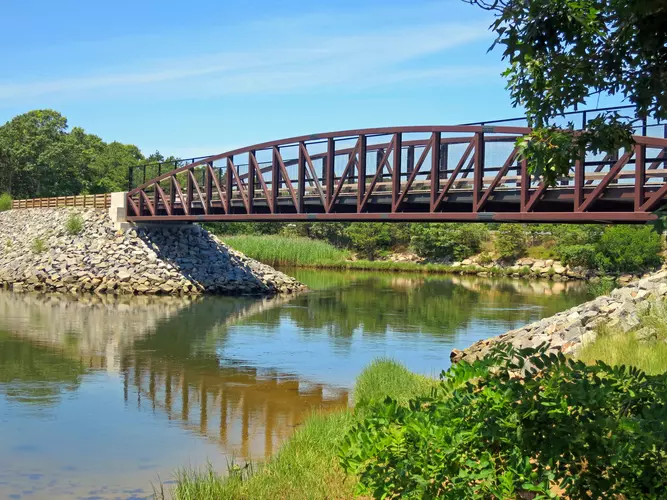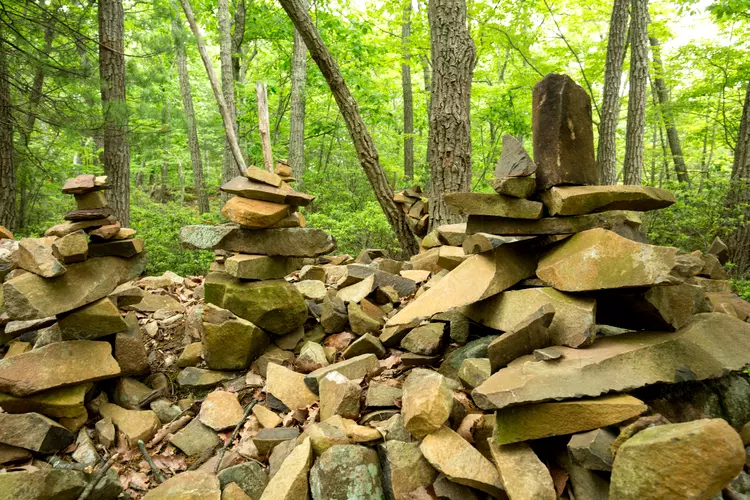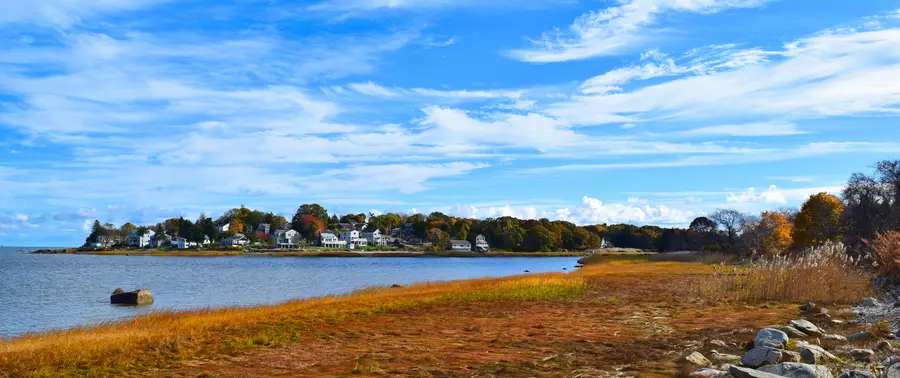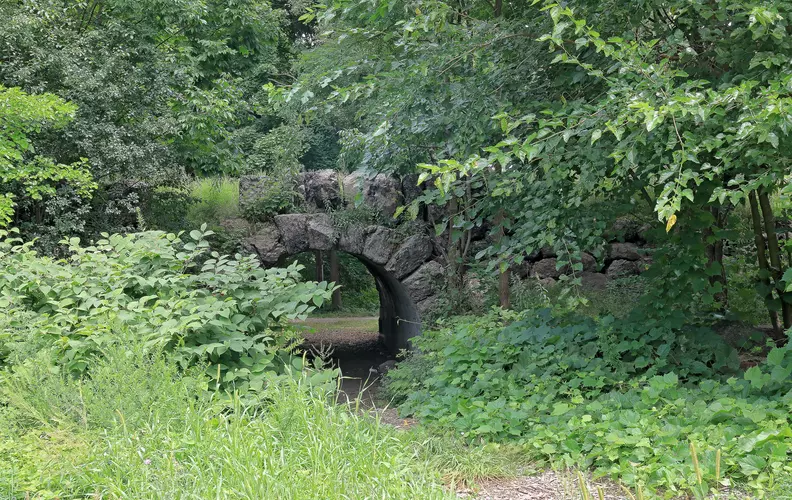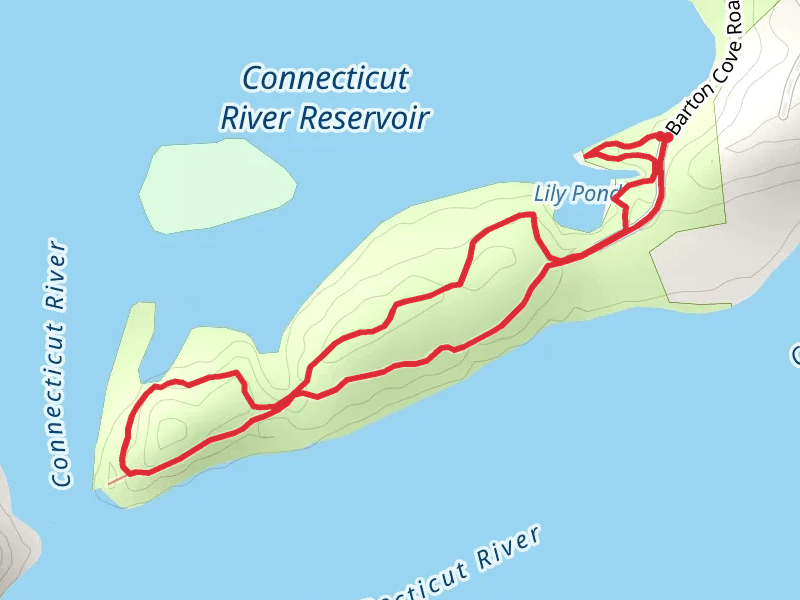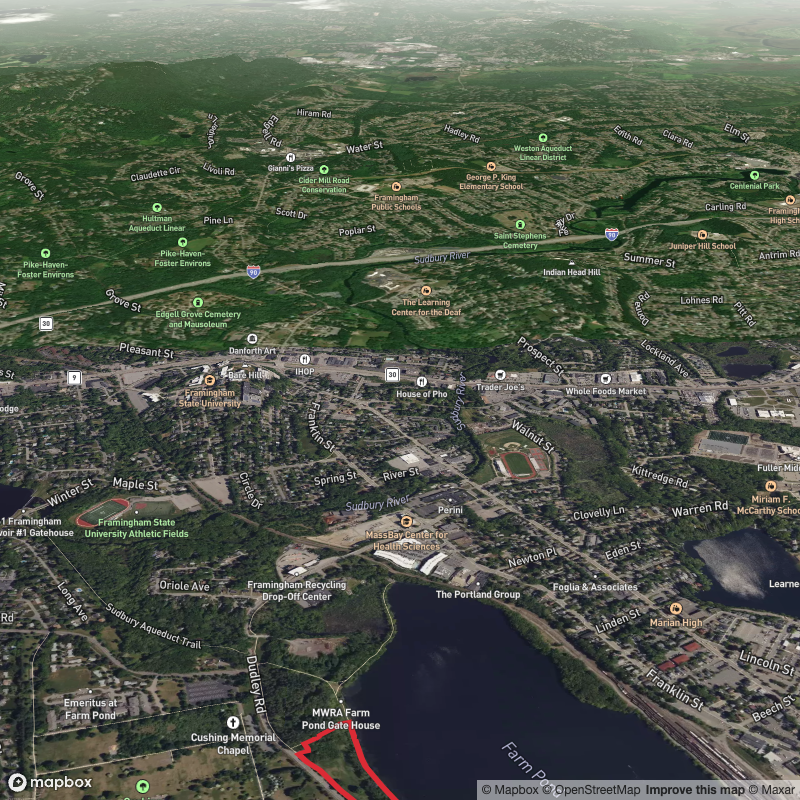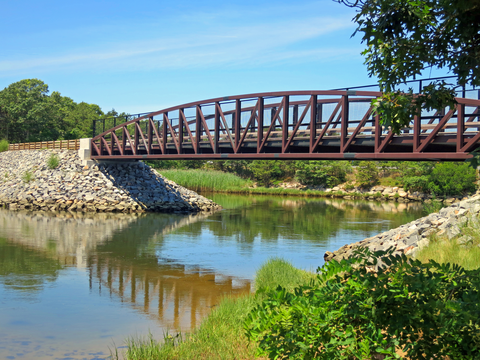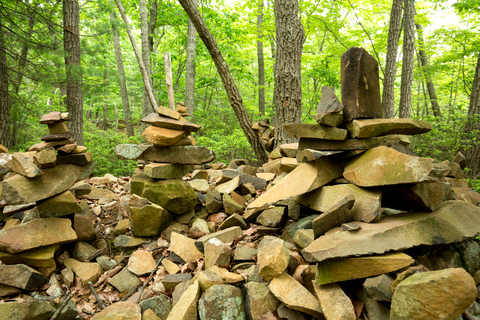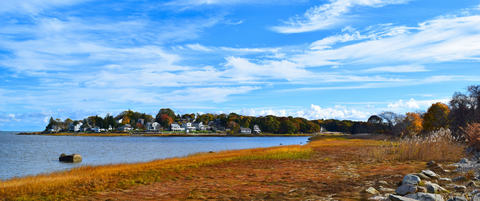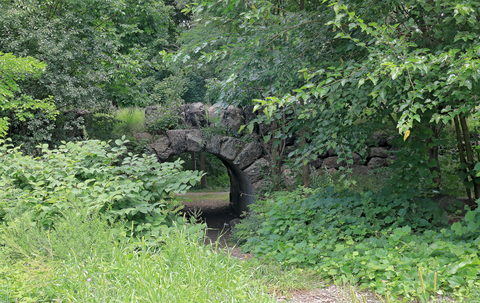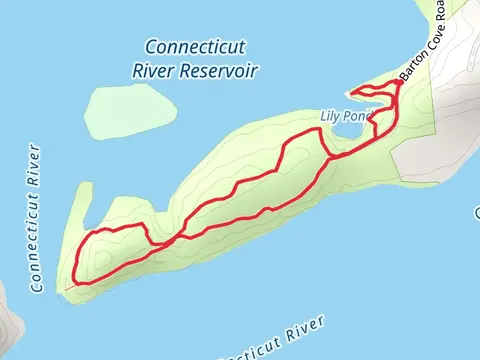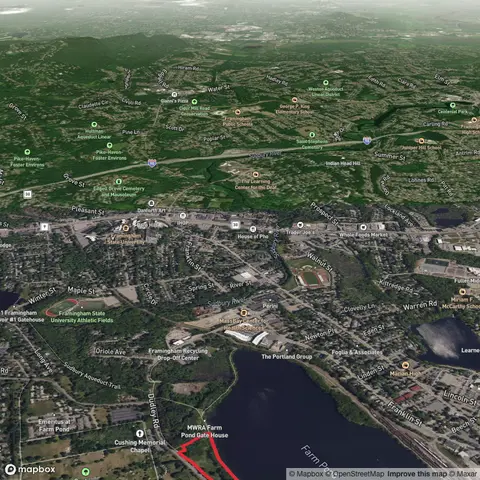"Experience Massachusetts' enchanting trails, where history, nature, and vibrant landscapes invite endless exploration."
Discover the enchanting trails of Massachusetts, where history and nature intertwine seamlessly. From the rugged beauty of the Appalachian Trail to the serene paths of the Berkshires, each hike offers a unique experience. Wander through lush forests, past shimmering lakes, and over rolling hills, all while breathing in crisp, fresh air. Don't miss the vibrant fall foliage or the tranquil beauty of Cape Cod's coastal trails. Massachusetts invites you to explore its diverse landscapes and uncover hidden gems at every turn.
Most popular hikes
FAQs about hiking in Massachusetts






More hikes in Massachusetts
by difficulty
by type
